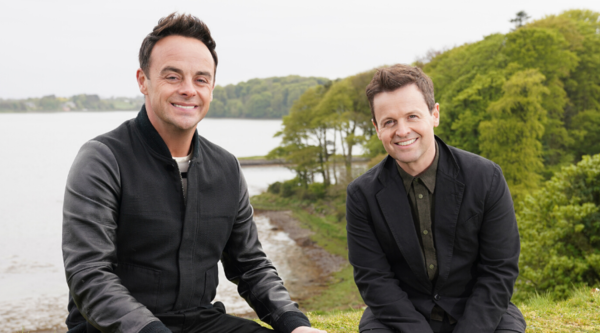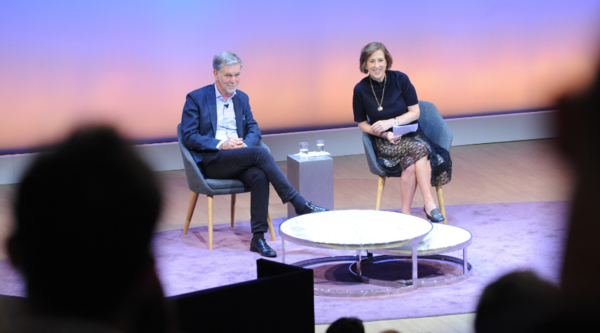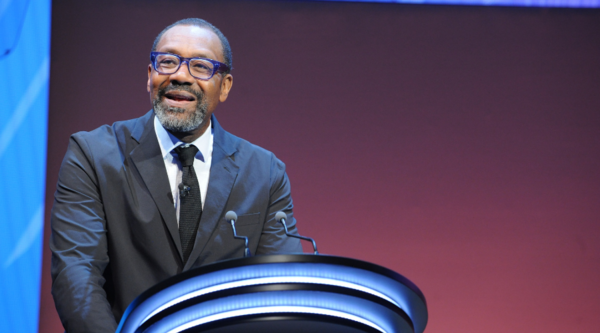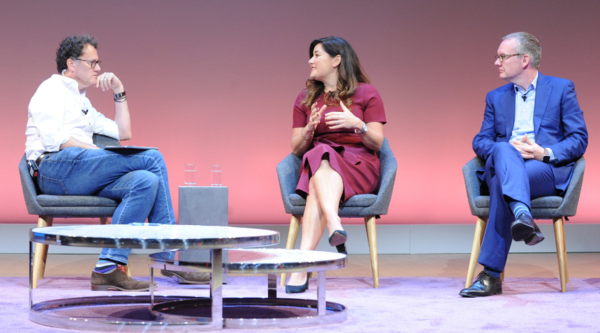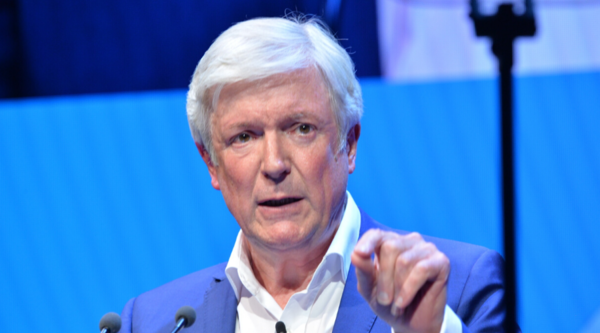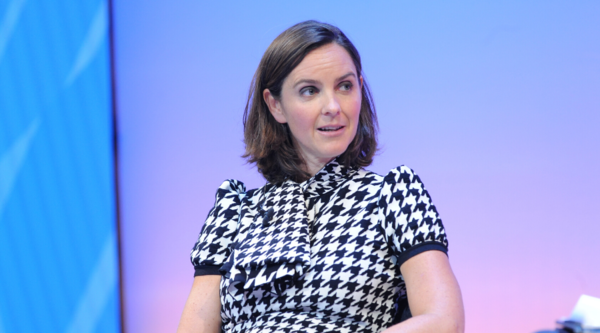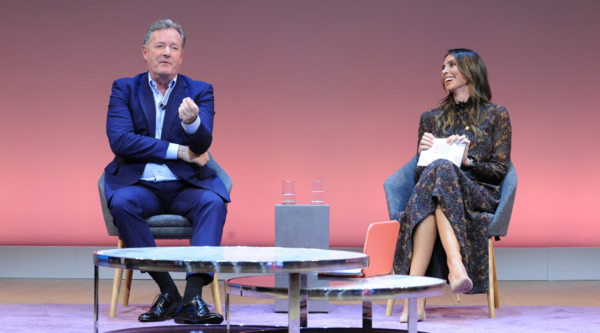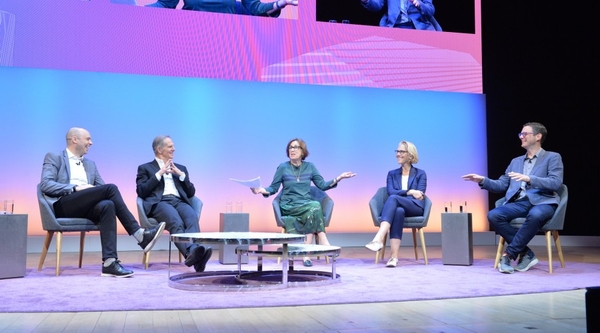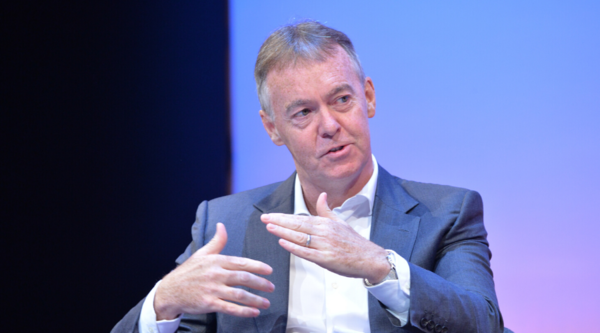About the RTS Cambridge Convention 2019
Netflix CEO Reed Hastings, David Zaslav, Tony Hall, Karen Blackett OBE, Alex Mahon, Jeremy Darroch, The Rt Hon Nicky Morgan MP and many more spoke at this year’s RTS Cambridge Convention.
The 2019 event, which took place at King’s College in Cambridge on 18-20th of September, was entitled “Content, Consumers, and everything in between”.
The Principal Sponsor for the RTS Cambridge Convention 2019 was ITV.

